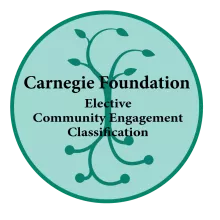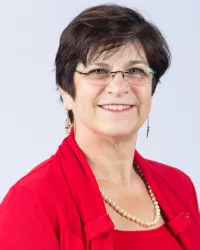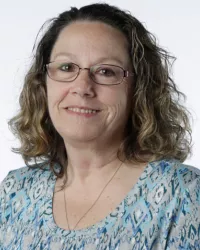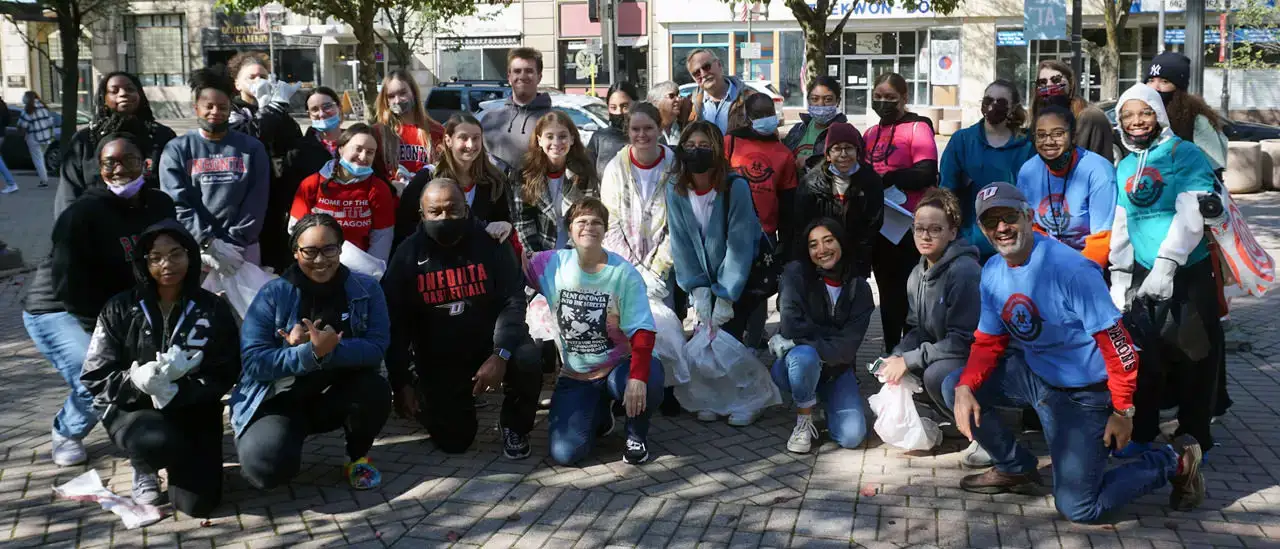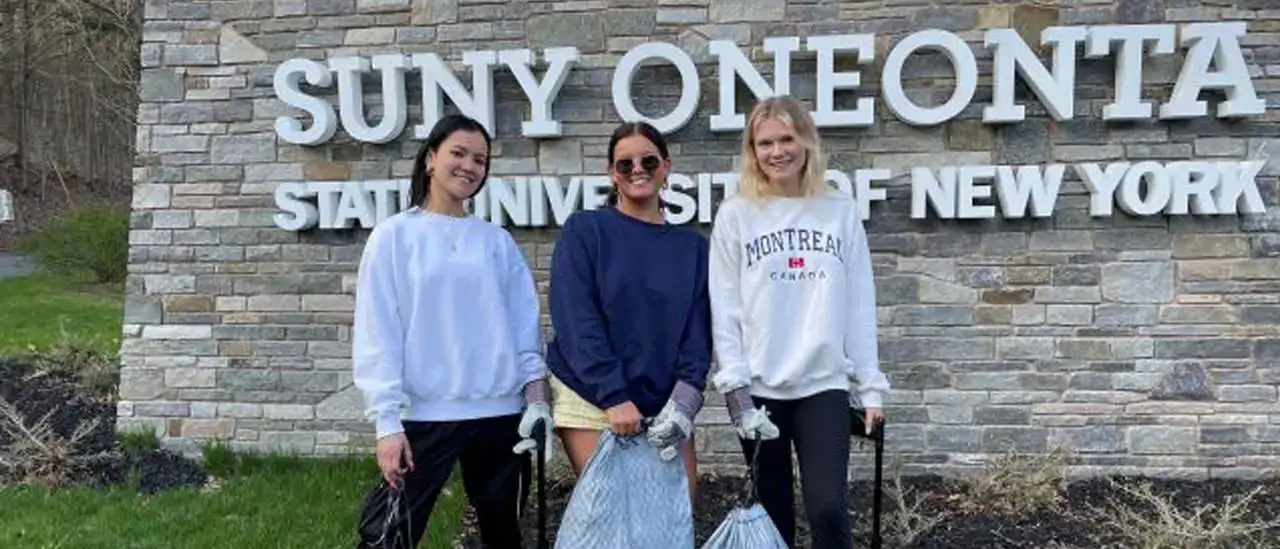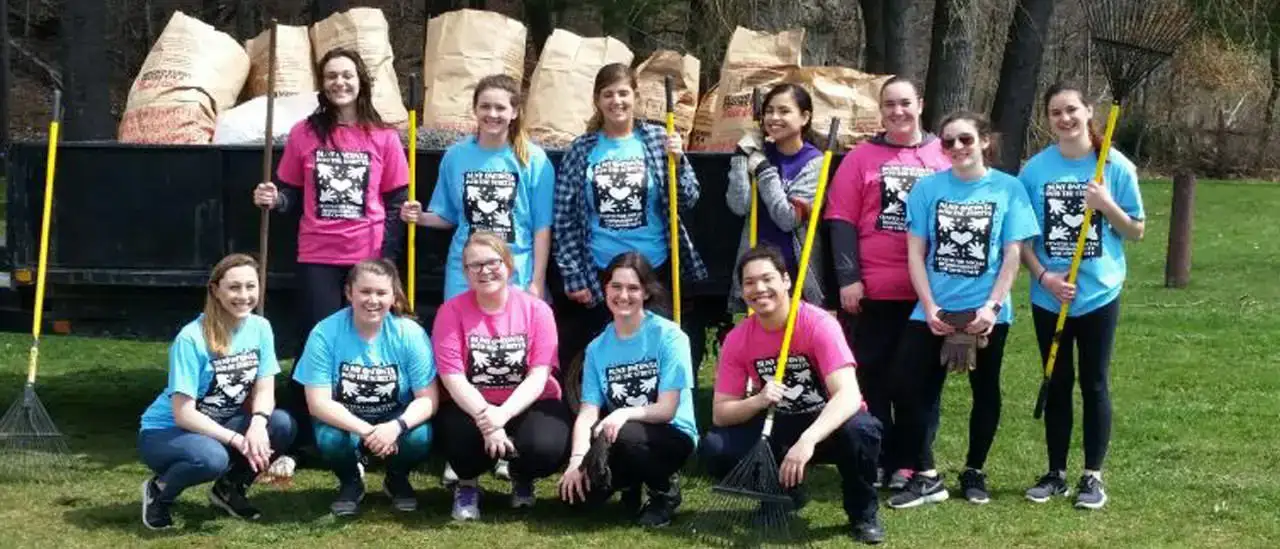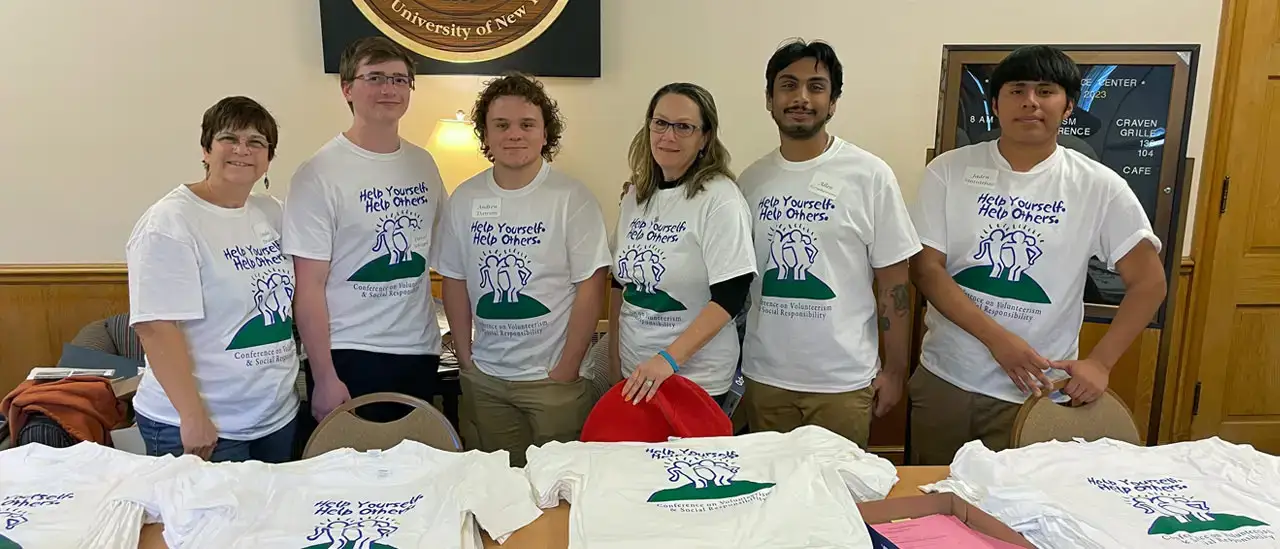SUNY Oneonta inspires students to make a difference through voluntary community service. In addition, our faculty offer many service-learning courses that teach civic responsibility, strengthen communities, and help students make the connection between classroom learning and the world of work.
Service-Learning is a pedagogical approach which includes experiential learning via meaningful community service paired with classroom instruction and reflection. It is meant to enrich the academic learning experience for students, teach civic responsibility, and help the local community with identified needs.
Service opportunities coordinated through our Center for Volunteerism and Community Engagement (CVCE) range in length, scope and depth; some even involve service trips across the United States and abroad. Most volunteer opportunities require no experience of any kind. Anyone can get involved-- students, faculty, staff, nonprofit agency leaders… we have something for everyone! One common feature in the activities that we offer is they help communities and humanity as a whole.
Key Annual Events
First-Year Service Day
First-year and transfer students provide service to local nonprofits in the City of Oneonta or do a large service project together
Conference on Volunteering and Social Responsibility
An annual conference featuring an essay contest and speakers on a variety of service-related topics
Canstruction
Getting creative to build structures out of cans of food that are displayed at the Southside Mall and then donated to our food pantries
Into the Streets
Annual community service day! 400 students volunteer for 28 area nonprofits in one day, our biggest service event of the year!
Local Community Partnerships
45 K
HOURS OF community service STUDENTS average each year
$1.6 M
in value to local nonprofits
98
nonprofits in OTSEGO county STUDENTS volunteer WITH
Examples of local community partnerships
- Soup kitchens, staffed by volunteers daily
- Community Arts Network of Oneonta
- Club Odyssey, a drug-free club for ages 18-25 offering music and activities
- Assisted Living Facilities
- YMCA
- Blood drives held each month
Benefits for students
- Learn about broader community issues
- Interact with diverse cultures and lifestyles
- Gain valuable career experience
- Explore values and ethical issues
- Increase relevance for academic skills
- Receive scholarships
- Service award recipients will receive a pin, honors cord, or medallion to wear at graduation
- Have fun!
Benefits for faculty
- Positive relationships with community members
- Real-world curriculum applications
- Students more engaged in learning
- Students learn differently through an experiential experience such as service-learning
- Support SUNY Oneonta's core value of citizenship and public service
Benefits for non-profit agencies
- Access to SUNY Oneonta resources
- Positive relationships with SUNY Oneonta staff, faculty and students
- Access to a significant pool of volunteers
Is your nonprofit agency looking for volunteers? Complete our Agency Job Description Form
Contact
Center for Volunteerism and Community Engagement
127 Hunt Union
Phone: (607) 436-2098
Fax: (607) 436-2760
Email: cvce@oneonta.edu
Linda Drake
CVCE Director
127 Hunt Union
(607) 436-2633
drakelm@oneonta.edu
Sue Sorbera
Administrative Assistant
127 Hunt Union
(607) 436-2262
sorbersl@oneonta.edu
Carlotta Batchelder
Volunteer Coordinator
127 Hunt Union
(607) 436-2098
BATCCM408@oneonta.edu
Daniel Schlagel
Student Coordinator
127 Hunt Union
schldb577@oneonta.edu
Jaden Santisteban
Student Coordinator
127 Hunt Union
santj991@oneonta.edu
The CVCE is part of the Experiential Learning Center (ELC) located in Hunt Union. Other offices located in the ELC are Student Research and Creative Activity, Global Education (OGE), Career Planning and Networking, and Sustainability.
